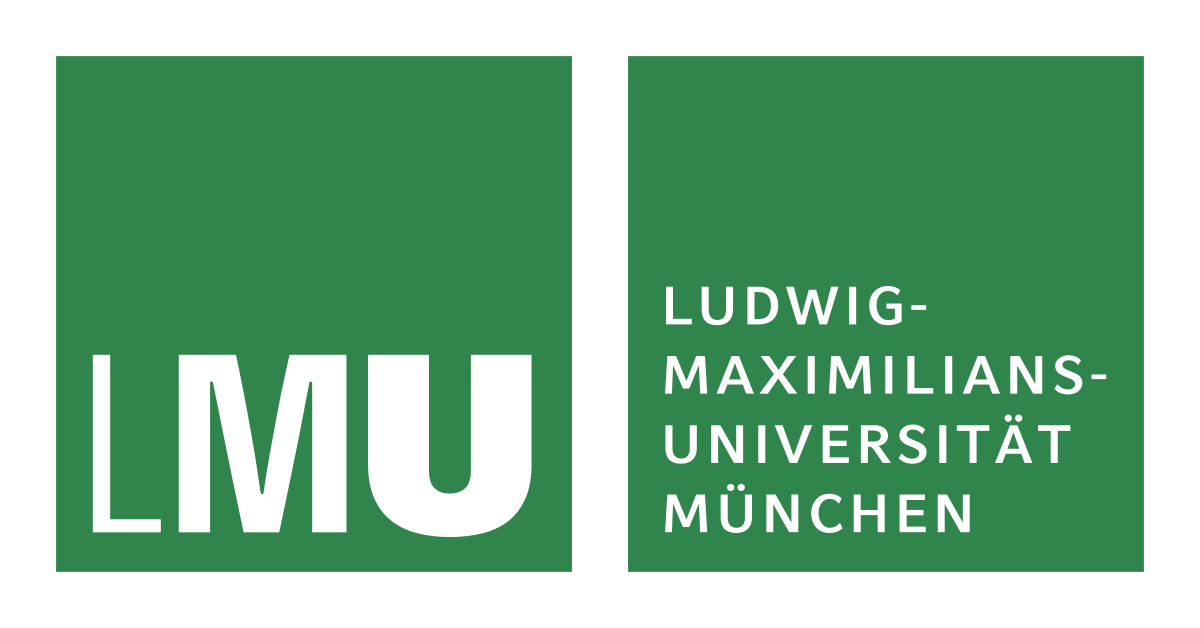LMU: Always prepared for the unexpected
“The implications of the positive result were alarming,” says Rothe, for up to that point it had been assumed that only symptomatic individuals could transmit the new coronavirus to others – as was true of the related SARS virus that emerged in 2003. “It meant that people who were infected but displayed no symptoms were criss-crossing the globe and inadvertently infecting others. So my – essentially quite elementary – inference was actually an explosive one.” She promptly informed the health authorities, and her observations were published in the New England Journal of Medicine within a few days. “It was immediately clear to me that the finding had to be communicated to the rest of world as fast as possible.”
In the days following the appearance of the paper, the telephones in the Institute never stopped ringing. Not only had Rothe diagnosed the first case of Covid-19 in Germany, she was also the first physician in the Western world to clearly describe a case of transmission of the disease by an asymptomatic patient. This explains why so many of the callers were representatives of the media. “As if we didn’t have more than enough to do, in addition to the usual clinical routine! For example, we brought students along with us to two nursing homes, took swabs from the staff and explained the precautions to be taken to prevent the spread of the infection.”
While her family and her colleagues responded positively to Rothe’s recognition that Covid-19 could be transmitted by asymptomatic carriers of the virus, others were far from convinced. “The findings prompted various forms of abuse in some of the media,” she recalls. Even government agencies in the UK and Sweden cast doubt on the validity of Rothe’s inference. “That was a rather extreme reaction,” she says, “but many people just didn’t want to hear or accept that patients who showed no symptoms of infection could transmit this virus.”
Six months later, by which time Rothe’s conclusion had been confirmed worldwide, the pendulum changed direction. The New York Times (NYT) published a front-page article entitled “How the World Missed Covid-19’s Silent Spread”. The report, together with other reports on the pandemic that had appeared in the paper, went on to win the Pulitzer Prize for Public Service. Based on her seminal discovery, TIME Magazine subsequently included Rothe on its list of the 100 most influential people in the world in the year 2020. – And at home, she received the award Pro meritis scientiae et litterarum” from the State of Bavaria. She herself found that all the fuss was a bit too much. “I hadn’t sequenced an important gene or cloned a new mouse strain. I had just taken another look and put two and two together. – Nothing special, all in a day’s work.”
Winds of change
Rothe’s choice of career was markedly influenced by her experiences in Kenya. A native of Heidelberg, she developed an early interest in other cultures and in the social problems with which the world’s poor are confronted. As a medical student, she worked for a time in a hospital in Nairobi. “That was in the late 1990s, when large numbers of people were dying of AIDS.” The hospital in which she sat in on lectures for two-and-a-half months was a public institution, funded by the State. But to her it seemed more like ‘a huge hospice’. “Wards were overcrowded, with several patients sharing each bed, and the doctors could do little for them. It was almost apocalyptic, and it made a deep impression on me.”
Her unforgettable encounter with HIV patients in Kenya led her to work on the virus in her doctoral research project at the Free University of Berlin – while at the same time undertaking her specialist training in internal medicine with a focus in infectious diseases in the Institute of Tropical Medicine at the Charité. She then spent four years at Queen Elizabeth Central Hospital in Malawi (one year would have sufficed for her accreditation as a specialist in tropical medicine). On her return to Germany, Dr. Rothe found a position in the Outpatient Department at the Bernhard Nocht Institute of Tropical Medicine in Hamburg. She moved to the LMU Medical Center as an Assistant Medical Director in 2017.
Much has changed in the department since that first Covid-19 patient consulted her in January 2020. “Normally, she says, we are one of the busiest walk-in centers for travel medicine in the country,” she says. But since the numbers of people returning from abroad have fallen drastically since the arrival of SARS-CoV-2, a new unit devoted to vaccine research has now been established. “In future, we will also work on the development of vaccines specifically for tropical diseases – so the disruption of our routine has also had a positive impact.”
“I’m pleased to say that none of my family or my colleagues (my second family) has been infected with the virus,” she says. “In the outpatient section of a department like ours, that’s quite amazing, considering that we have been on the frontline of the battle against the virus from the very beginning.” – But she knows that another pathogen with the potential to spread across the globe may emerge at any time.

